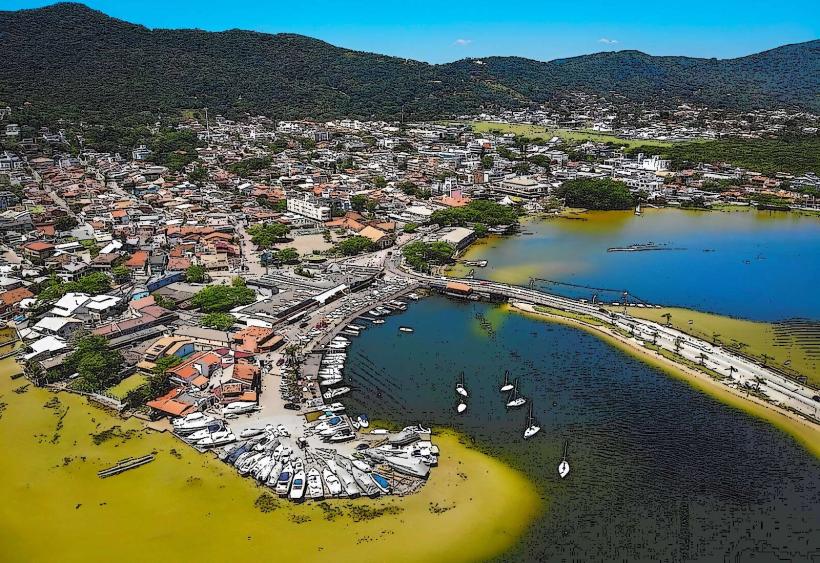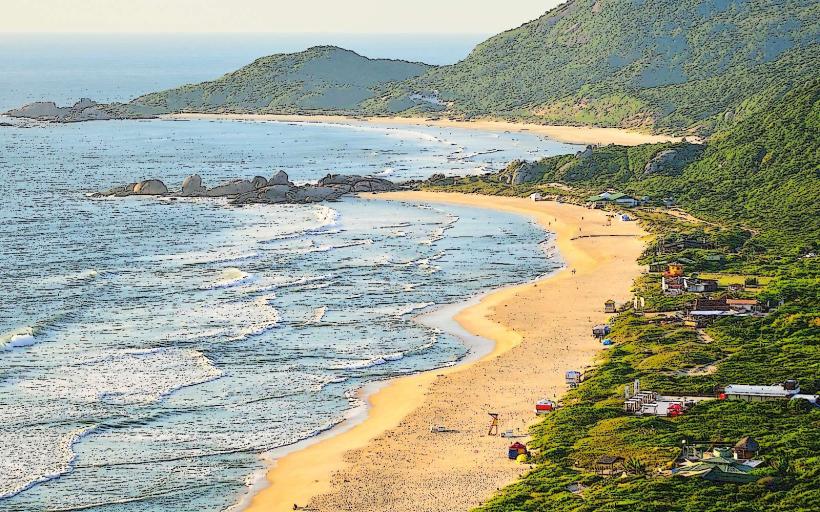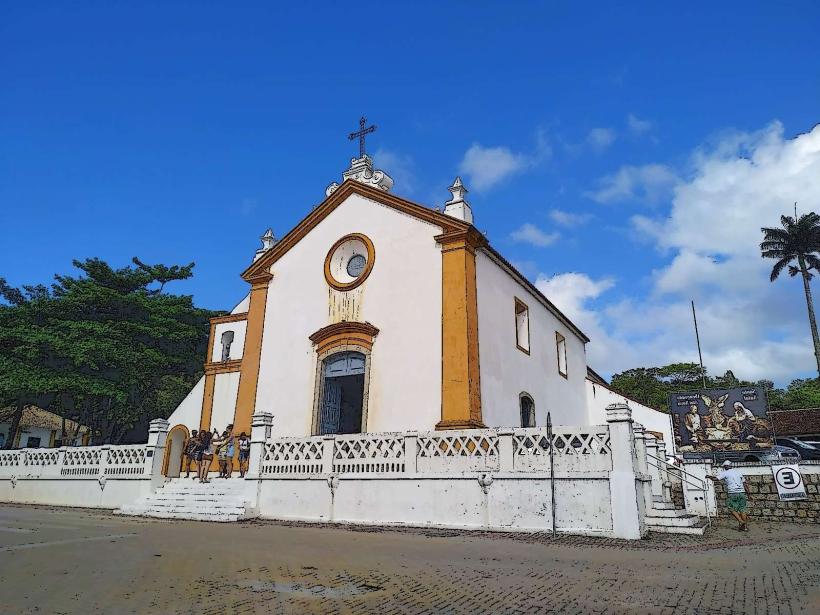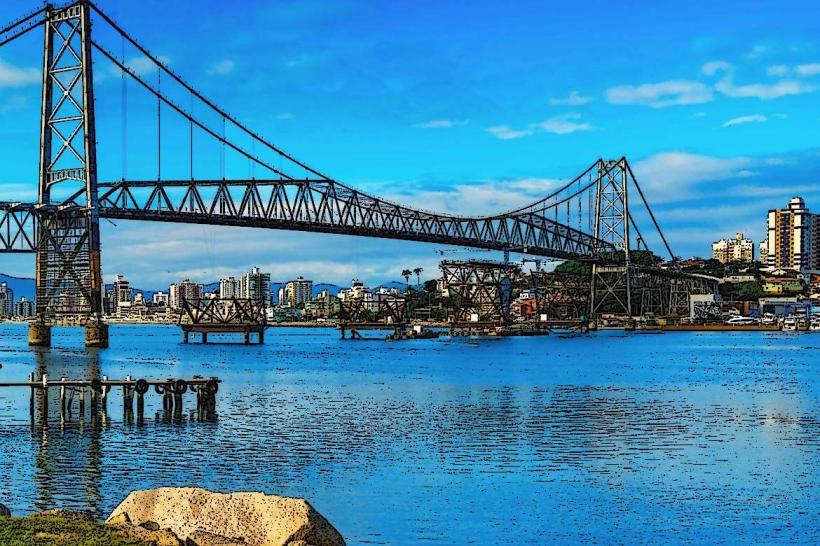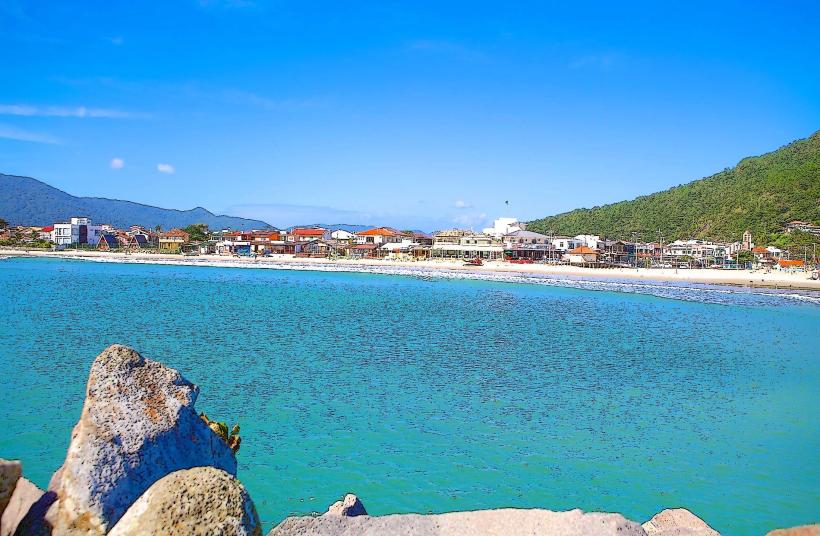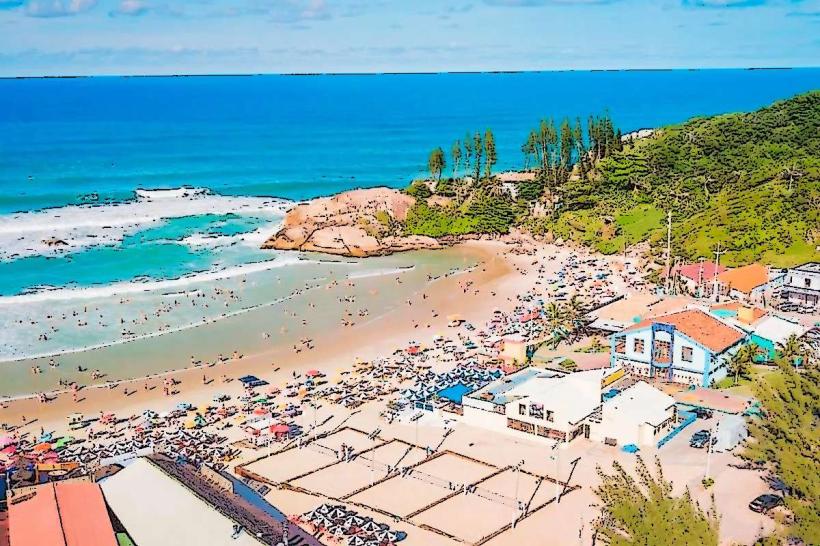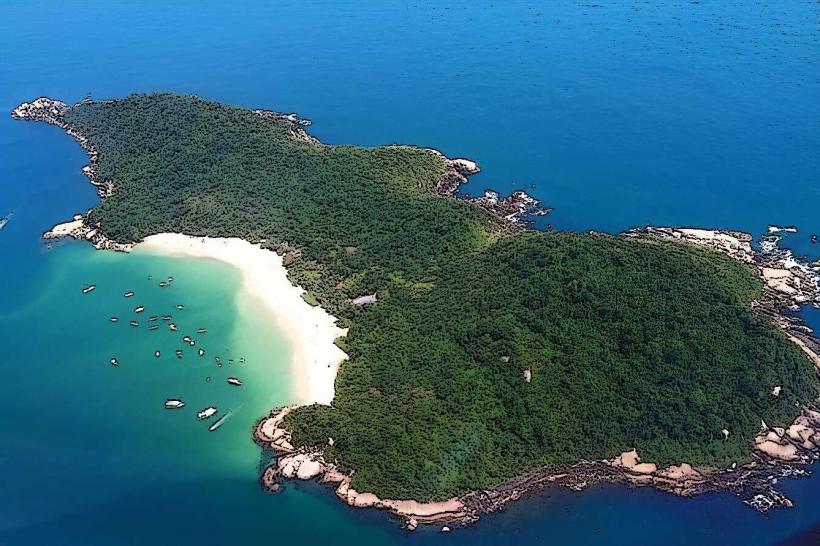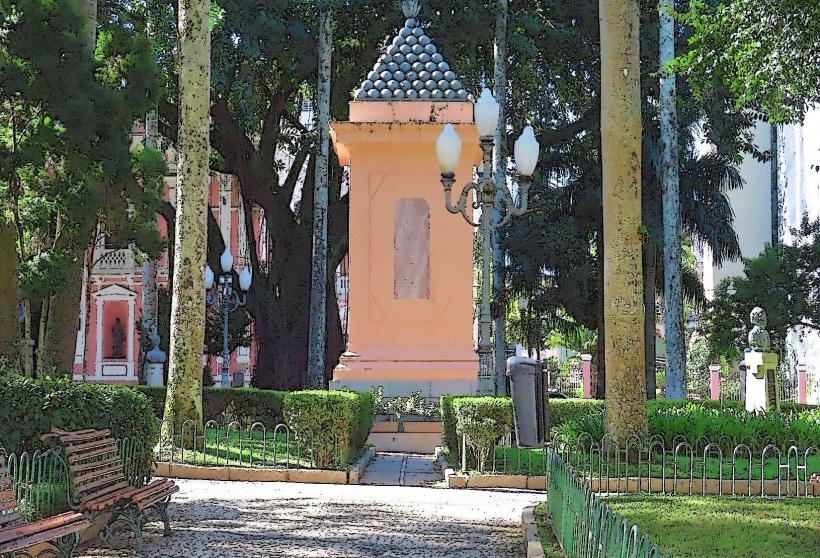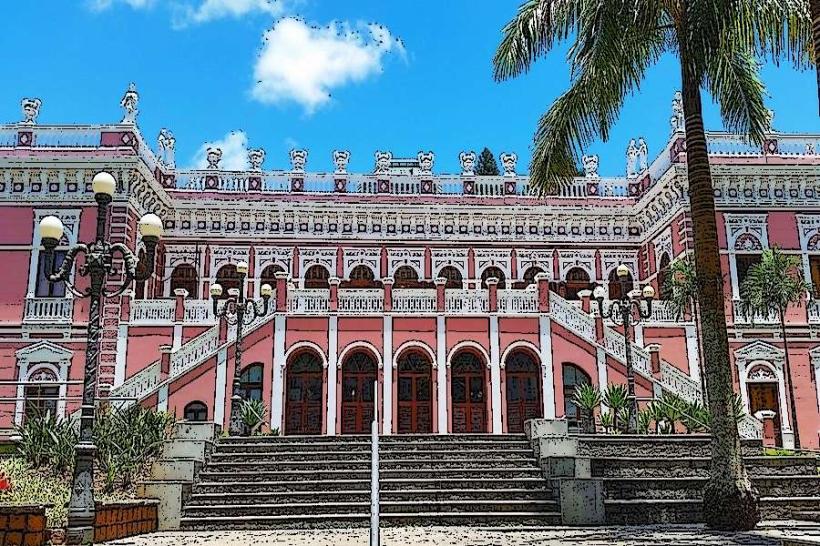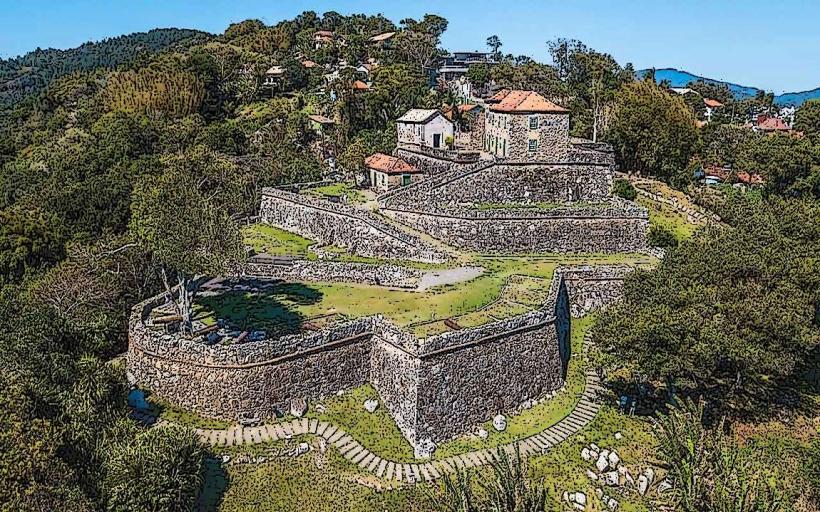Information
City: FlorianopolisCountry: Brazil
Continent: South America
Florianopolis, Brazil, South America
Florianopolis serves as the administrative capital of Santa Catarina and is a primary technology and coastal tourism hub in Southern Brazil. It is predominantly situated on Santa Catarina Island, connected to the mainland by three bridges.
Historical Timeline
The island was originally inhabited by the Carijó people before Portuguese settlement in 1675. Formerly known as Desterro, it was renamed Florianopolis in 1894 following the Federalist Revolution. The most significant modern shift occurred in the 1990s and 2000s, as the city transitioned from a fishing and administrative outpost into "Brazil's Silicon Valley," fueled by a surge in tech startups and the expansion of the Federal University of Santa Catarina (UFSC).
Demographics & Population
The metropolitan population is approximately 1.2 million, with roughly 510,000 residing within the city limits. The demographic is characterized by strong Azorean (Portuguese), German, and Italian heritage. It consistently ranks as the Brazilian capital with the highest Human Development Index (HDI). The median age is 35.2 years.
Urban Layout & Key Districts
The city is divided between the Mainland (Continente) and the Island (Ilha).
Centro: The historical and commercial core on the island's western side.
Lagoa da Conceição: The geographic and nightlife center, situated around a large saltwater lagoon.
Jurerê Internacional: An affluent, highly planned resort district in the north.
Campeche / Pântano do Sul: The less developed, "hippie-chic" and traditional fishing areas in the south.
Itacorubi / Trindade: The academic and technology corridor.
Top City Landmarks
Hercílio Luz Bridge: The iconic suspension bridge and symbol of the city.
Public Market (Mercado Público): A center for local commerce and seafood gastronomy.
Conceição Lagoon: Popular for windsurfing, kitesurfing, and dining.
Joaquina Beach: Renowned globally for professional surfing and sandboarding.
Fortress of São José da Ponta Grossa: A 18th-century colonial fortification.
Transportation Network
Movement is hampered by the island’s mountainous geography and limited road arteries.
Road: SC-401 and SC-405 are the main north-south corridors; traffic congestion is severe during the summer (December–February).
Ride-sharing: Uber and 99 are the standard; specialized "Executive Vans" operate on some routes.
Air: Florianopolis International Airport (FLN) is one of Brazil's most modern facilities.
Water: Small ferries connect the mainland to the island and Lagoa da Conceição.
Safety & "Red Zones"
Florianopolis is one of the safest state capitals in Brazil.
Red Zones: Avoid isolated beaches at night and peripheral communities in the Mainland and North Island (e.g., portions of Ingleses) without local knowledge.
Precautions: Standard vigilance against petty theft is required in the Centro and during the Carnival season.
Digital & Financial Infrastructure
Average internet speed is 140 Mbps. 5G coverage is extensive across the island. The Pix system is universal. Card acceptance is 100% in nearly all establishments. ATMs are readily available in malls and "Banco24Horas" kiosks.
Climate & Air Quality
Humid subtropical climate. Temperatures range from 10°C to 20°C in winter (June–August) and 23°C to 32°C in summer. Air quality is exceptionally high due to Atlantic winds and preserved Atlantic Forest. The city is subject to "Ciclones Extratropicais" (extratropical cyclones) that can cause high winds and heavy rainfall.
Culture & Social Norms
The "Manezinhno" culture-descendants of Azorean settlers-is central to the city's identity, characterized by a fast-paced dialect and seafood-heavy diet. Tipping is a 10% service charge. Handshakes or two cheek kisses are the standard greeting. A unique social norm is the "Terno de Reis," a traditional folk celebration occurring in January.
Accommodation Zones
Centro: Recommended for business and proximity to the airport.
Lagoa da Conceição: Recommended for nightlife, dining, and central island access.
Jurerê / Canasvieiras: Recommended for families and luxury travelers.
Local Cost Index
1 Espresso: 8.50 BRL ($1.55)
1 Standard Lunch (Buffet/Kilo): 45.00 BRL ($8.20)
1 Craft Beer (Local): 18.00 BRL ($3.30)
1 Taxi/Uber (5km): 22.00 BRL ($4.00)
Nearby Day Trips
Guarda do Embaú: A world surfing reserve (50 km / 1 hour).
Beto Carrero World: Latin America's largest theme park (120 km / 1.5 hours).
Blumenau: Famous for its German architecture and Oktoberfest (150 km / 2 hours).
Facts & Legends
A prominent legend involves the "Witches of Itaguaçu," where unusual rock formations on the mainland are said to be witches turned to stone for not inviting the devil to a party. A verified historical oddity is that the Hercílio Luz Bridge was closed to traffic for 28 years for repairs before its grand reopening in 2019. Another fact: the city contains 42 official beaches, ranging from calm bays to high-surf Atlantic shores.

